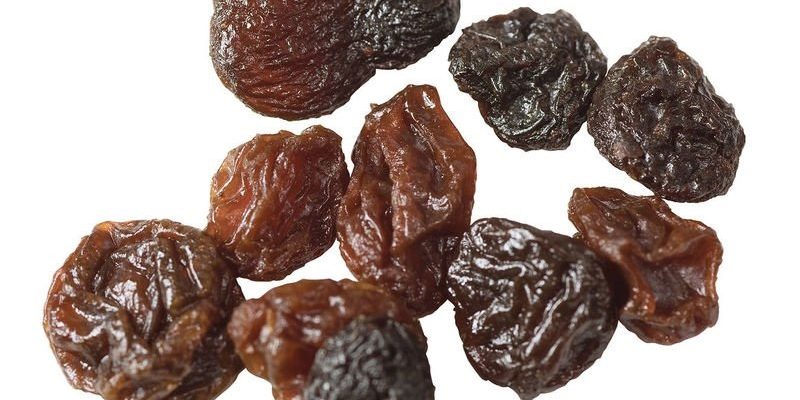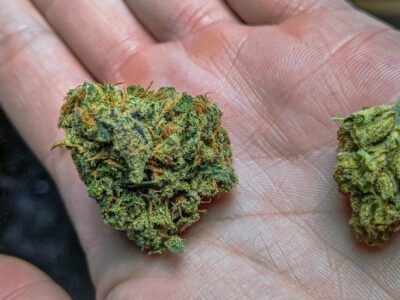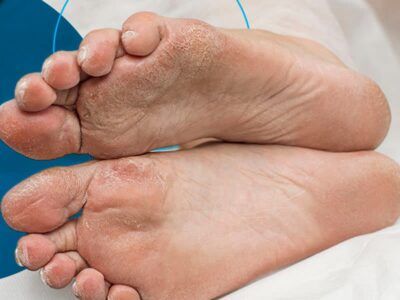The conventional method of drying raisins is to place green grapes onto paper trays to be sun-dried, where they oxidize and turn dark brown or black from intense sunlight. As the skins crack from scorching heat, sugar and moisture leach to cause sticky berries. Some of them are completely sapped of their moisture and become rock hard. Vine stems often retreat and become embedded into their deeply defined wrinkles. Dried on the ground (“DOG”), these raisins are completely exposed to the elements, including seasonal wind, rain and dust storms. Cap stems often contract inside the berry and during the processing, they must be removed with part of the skin, which causes even more damage and in the end yields a very sticky product.
Bruce Lion says “Lion has eliminated most of these shortcomings with DOV Raisins. In cooperation with some of the industry’s largest growers, on the cutting edge of agricultural technology, Lion owns the patent on the most advanced method of drying raisins on the vine, utilizing an overhead trellis system where the vines produce a dense canopy of leaves. There, using an early ripening variety that is slightly larger, plumper and meatier than the conventional sun-dried raisins, the fruit is dried in the shade, protected from harmful UV rays. As would be expected, DOV raisins are distinguished by a lighter color, softer wrinkles and more supple skin.
Lion Raisins’ DOV also eliminates damage caused by ever-increasing mechanical harvesting. During the process, green grapes are often damaged by the harvester, causing them to “juice.” These sticky grapes are dropped onto trays to collect sand and other contaminants. These and other shortcomings are drastically improved with DOV raisins, which are not harvested first as green grapes. Since the grape skins aren’t ruptured by scorching heat or mechanical harvesters, the moisture stays inside the raisins where the sugars slowly percolate.













Comments